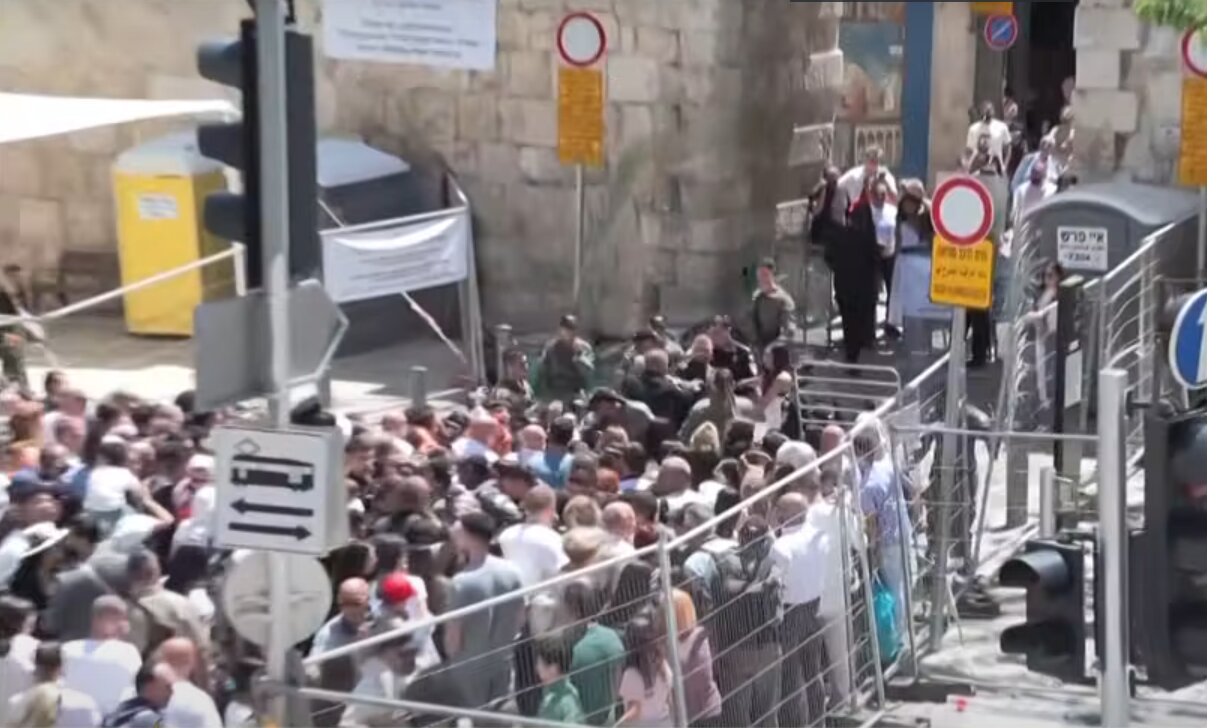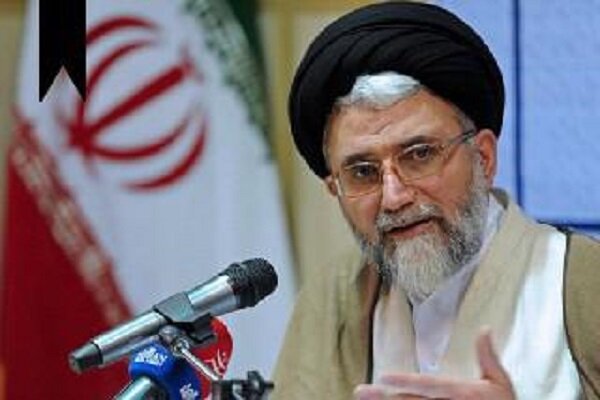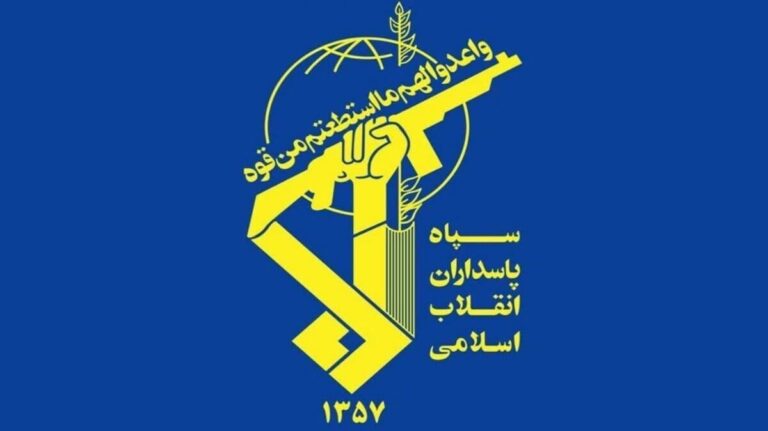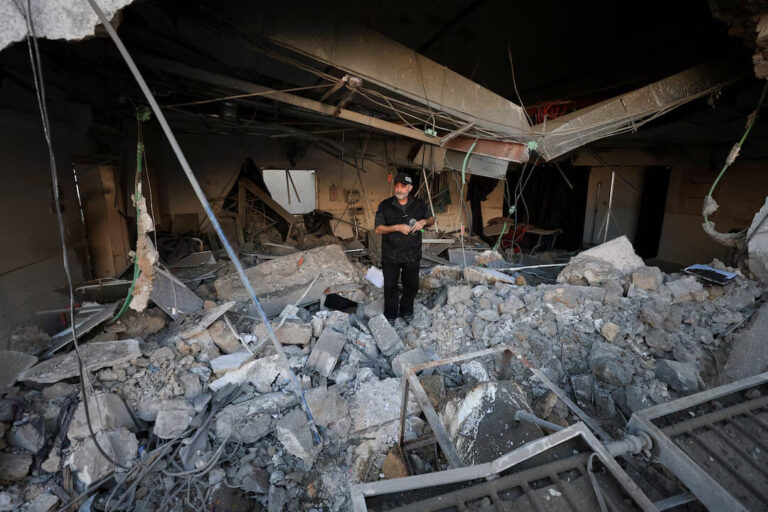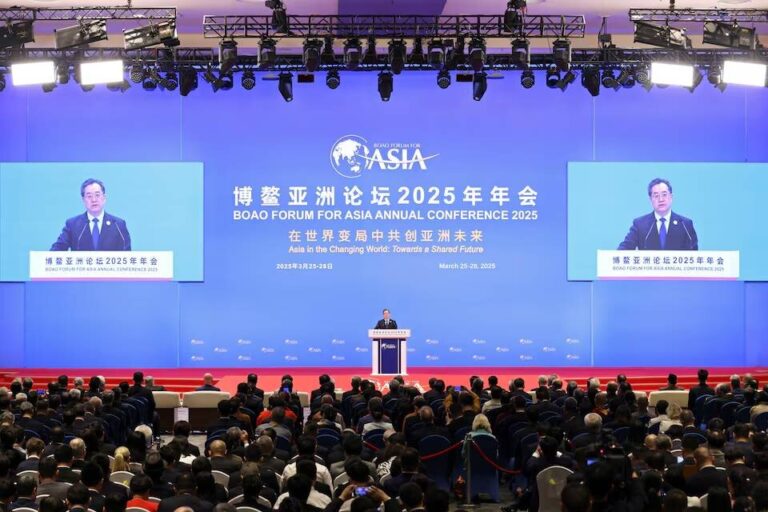Surge in Attacks on Christians in the West Bank, Warns Local Pastor
In recent years, Israeli restrictions have become increasingly severe, impacting the Palestinian-Christian community significantly. Mitri Raheb, a prominent Palestinian pastor, theologian, and founder of Dar al-Kalima University in Bethlehem, sheds light on the challenges facing Christians during this crucial time.
Raheb expressed his concerns in an interview with Al Jazeera, stating, “I myself, as a pastor, don’t have a permit to go for the holy week, which is the most important week for Christians throughout the year because Jesus was crucified and risen in Jerusalem.” This limitation highlights the broader issue of accessibility for the Palestinian-Christian community, which has been rooted in the region for over 2,000 years. Raheb emphasized, “The Palestinian-Christian community that has been there for 2,000 years cannot go there to celebrate and mark this where it all happened.”
Moreover, the situation has been exacerbated by rising hostility against Palestinian Christians. Raheb noted an alarming increase in incitement, particularly directed towards clergy members. This hostility includes physical assaults and verbal abuse from Israeli settlers, even occurring within the sacred boundaries of Jerusalem. “This year alone, 43 such incidents took place,” the pastor reported.
Raheb poignantly connected these experiences to the biblical narrative, stating, “One of the first things you read about in church about Jesus is that he was like a lamb led to the slaughter. But when you hear this today as Palestinian Christians, you think it’s our whole people being led to slaughter, considering what is happening in Gaza.”
Key Challenges Faced by Palestinian Christians
The challenges faced by the Palestinian-Christian community are multifaceted. Here are some key issues they encounter:
- Restricted Access: The permits required to enter holy sites are often denied, affecting their ability to participate in significant religious events.
- Increased Incitement: There has been a notable rise in incitement against Christians, particularly clergy members.
- Physical Attacks: Incidents of violence from settlers have escalated, causing fear and insecurity within the community.
- Emotional and Spiritual Toll: The ongoing conflict and restrictions can lead to feelings of despair and hopelessness among believers.
Importance of Holy Week for Christians
Holy Week is pivotal for Christians worldwide, commemorating the crucifixion and resurrection of Jesus Christ. The restrictions on access during this time resonate deeply with the Palestinian-Christian community, who feel disconnected from their heritage and faith practices.
Raheb’s sentiments reflect the broader struggles faced by many in the region. The inability to gather and celebrate significant religious events not only affects spiritual life but also cultural identity. For many Palestinian Christians, their connection to the land and its history is profound, and being barred from celebrating these events is a painful reminder of their precarious situation.
The Role of the International Community
The plight of Palestinian Christians calls for increased attention from the international community. It is essential for global leaders and organizations to:
- Promote Dialogue: Encouraging dialogue between communities can help foster understanding and reduce tensions.
- Support Human Rights: Advocating for the rights of all religious groups in the region is crucial for ensuring their safety and freedom to worship.
- Raise Awareness: Educating the public about the challenges faced by Palestinian Christians can lead to greater support and solidarity.
- Encourage Peace Initiatives: Supporting peace initiatives aimed at resolving the Israeli-Palestinian conflict is vital for long-term stability.
As Mitri Raheb’s words resonate with many, the hope for a peaceful resolution remains. The Palestinian-Christian community’s struggles serve as a reminder of the broader issues of religious freedom and human rights in the region. Their resilience and faith continue to inspire those who stand in solidarity with them, emphasizing the need for unity, compassion, and understanding in the face of adversity.
